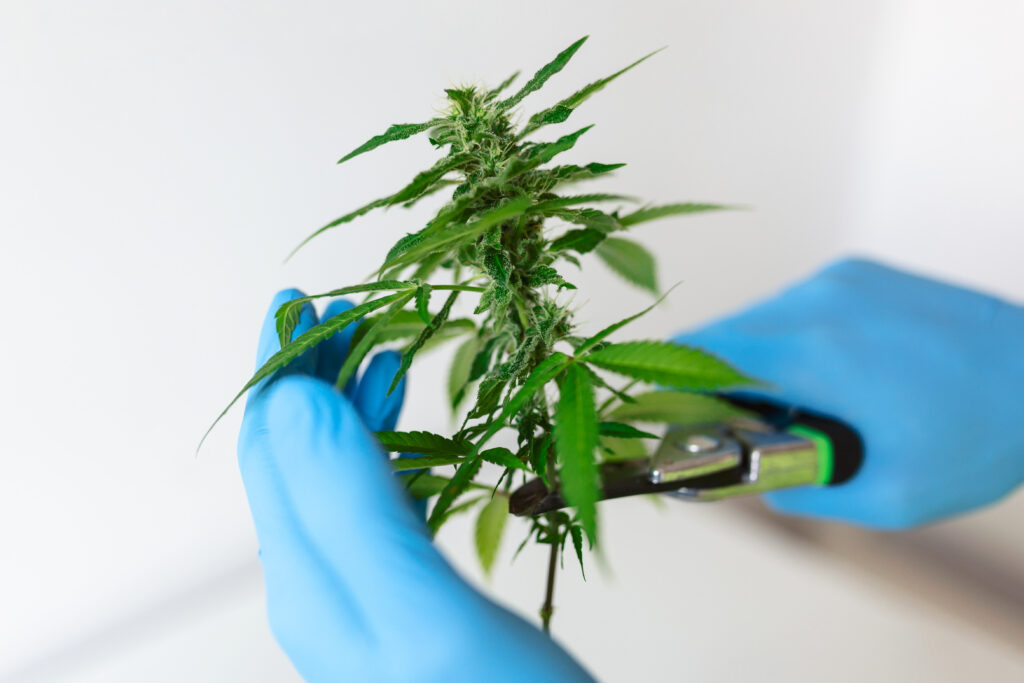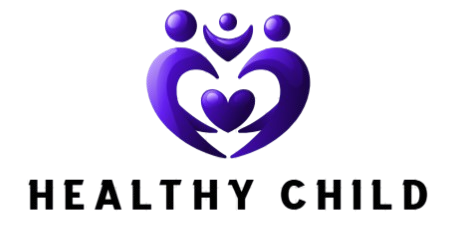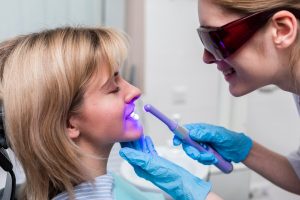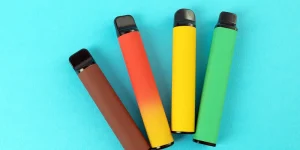
With the growing interest in cannabis-based remedies, THCA flower and CBD flower have become popular choices for addressing various health concerns. According to a 2023 report by Grand View Research, the global cannabis market is expected to grow at a compound annual rate of 14.2% from 2023 to 2030, driven by increased awareness of cannabinoids like THCA and CBD.
In the health and wellness space, THCA and CBD flowers stand out for their unique benefits. While THCA is valued for its anti-inflammatory and neuroprotective properties, CBD is widely recognized for its ability to reduce anxiety and manage chronic pain. With a rise in consumer demand for natural alternatives to pharmaceuticals, understanding the differences between these two options is essential to making an informed choice.
This article explores their properties, benefits, and potential applications to help you decide which is better for your health needs.
What Is THCA Flower?
THCA flower refers to cannabis buds rich in tetrahydrocannabinolic acid (THCA), a non-intoxicating cannabinoid found in raw cannabis plants. Unlike THC, THCA doesn’t produce psychoactive effects unless it’s heated—a process known as decarboxylation—that converts it into THC. This means that consuming raw THCA flower won’t cause a “high.”
THCA is believed to have potential therapeutic properties, including anti-inflammatory and neuroprotective effects. It’s important to note that while THCA itself is non-psychoactive, heating it through smoking, vaping, or cooking transforms it into THC, which is psychoactive.
What Is CBD Flower?
CBD flower refers to the buds of hemp plants that are rich in cannabidiol (CBD), a non-psychoactive compound known for its potential therapeutic benefits. Unlike marijuana, which contains high levels of THC, hemp-derived CBD flower contains less than 0.3% THC, ensuring it doesn’t produce a “high.” Users often smoke or vaporize CBD flower to experience effects such as relaxation, anxiety reduction, and pain relief.
Additionally, CBD flower can be used to make various products, including oils, edibles, and topicals. It’s essential to source CBD flower from reputable vendors who provide third-party lab testing to ensure product quality and safety.
Key Differences Between THCA and CBD Flower
| Aspect | THCA Flower | CBD Flower |
| Psychoactive Potential | Non-psychoactive in its raw form; however, when heated (decarboxylated), THCA converts to THC, which is psychoactive and can produce a “high.” | Non-psychoactive; CBD does not produce a “high” and is often used for its calming and therapeutic effects without intoxication. |
| Interaction with the Endocannabinoid System (ECS) | Interacts indirectly with the ECS; upon conversion to THC, it binds primarily to CB1 receptors, influencing mood, appetite, and pain perception. | Interacts with the ECS by modulating both CB1 and CB2 receptors, potentially regulating pain, inflammation, and anxiety. |
| Health Benefits | Potential anti-inflammatory, neuroprotective, and anti-emetic properties; research is ongoing to fully understand its therapeutic potential. | May offer relief from anxiety, pain, inflammation, and seizures; widely studied and utilized for various health conditions. |
| Legal Status | Legality varies by jurisdiction; in some areas, THCA is legal until converted to THC. Users should consult local laws to ensure compliance. | Generally legal in many regions, especially when derived from hemp with less than 0.3% THC; however, users should verify local regulations. |
| Consumption Methods | Commonly consumed by smoking or vaping, which decarboxylates THCA to THC; can also be used in edibles after heating. | Consumed through smoking, vaping, tinctures, edibles, and topicals; does not require decarboxylation to be effective. |
Which Is Better for Your Health?

When considering whether THCA or CBD flower is better for your health, it’s important to evaluate the following factors:
Desired Effects:
- THCA: In its raw form, THCA is non-psychoactive and may offer anti-inflammatory and neuroprotective benefits. However, when heated, it converts to THC, which is psychoactive.
- CBD: Non-psychoactive and commonly used for its potential to alleviate anxiety, pain, and inflammation.
Medical Conditions:
- THCA: May be beneficial for conditions involving inflammation or neurodegeneration.
- CBD: Often utilized for anxiety, chronic pain, epilepsy, and certain inflammatory conditions.
Legal Considerations:
- CBD products derived from hemp (containing less than 0.3% THC) are legal in many regions.
- THCA’s legality varies; while non-psychoactive in raw form, it can convert to THC, which is regulated differently.
Personal Tolerance and Preferences:
- Individuals seeking therapeutic effects without any psychoactive experience may prefer CBD.
- Those open to the potential psychoactive effects of THC (upon heating THCA) might consider THCA flower.
For the best THCA flower, it’s important to choose products from reputable brands to ensure quality and safety. Always consult with a healthcare professional to determine which option aligns best with your health needs and to ensure safe and appropriate use.
Can You Combine THCA and CBD?
Yes, you can combine THCA and CBD, and doing so may offer additional benefits. THCA, in its raw form, is non-psychoactive and can help with inflammation and pain, while CBD is known for its calming effects and support in managing anxiety, chronic pain, and other conditions. When used together, they may create a synergistic effect, enhancing the therapeutic benefits of both.
This combination could help balance the effects of THC when THCA is heated and converted, providing relief without intense psychoactive experiences. Always consult with a healthcare professional before combining cannabinoids to ensure it’s suitable for your needs.
Common Mistakes to Avoid When Choosing or Using These Flowers
When choosing or using THCA and CBD flowers, it’s important to avoid a few common mistakes.
- First, avoid taking too much too soon—starting with a small amount and gradually increasing is key.
- Proper storage is crucial; keep flowers in airtight containers in a cool, dark place to preserve quality.
- Using a grinder ensures an even burn or vaporization, enhancing the experience.
- Be mindful of strain selection, as different strains offer varying effects.
- Always opt for high-quality, lab-tested products to ensure safety.
- Lastly, it’s essential to consult a healthcare provider before starting any new supplement, especially if you have health conditions or take medications.
By avoiding these mistakes, you can improve your experience and safely enjoy the benefits of THCA and CBD flowers.
Conclusion
Both THCA and CBD flower offer unique health benefits, catering to different needs and preferences. THCA flower is versatile and can be used raw or activated for psychoactive effects, while CBD flower is a reliable option for stress relief, relaxation, and improved sleep without intoxication.
When deciding between the two, consider your health goals, lifestyle, and local laws. With proper use and high-quality products, both options can support your wellness journey effectively.







